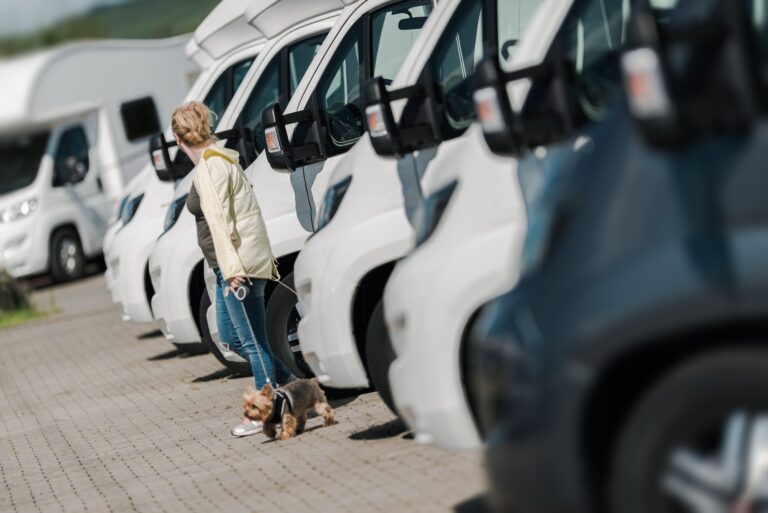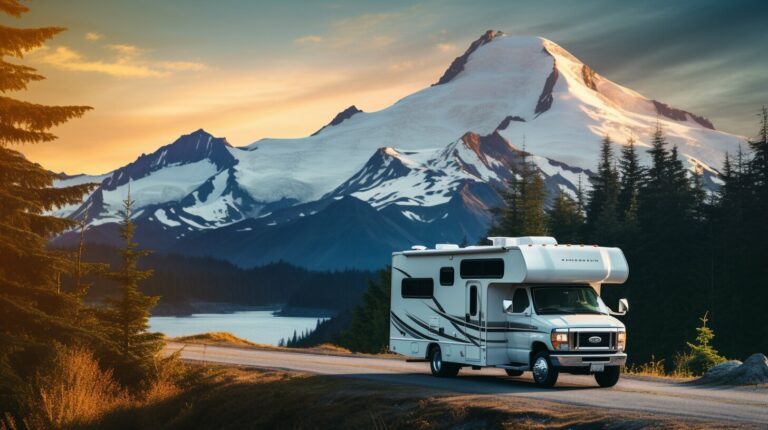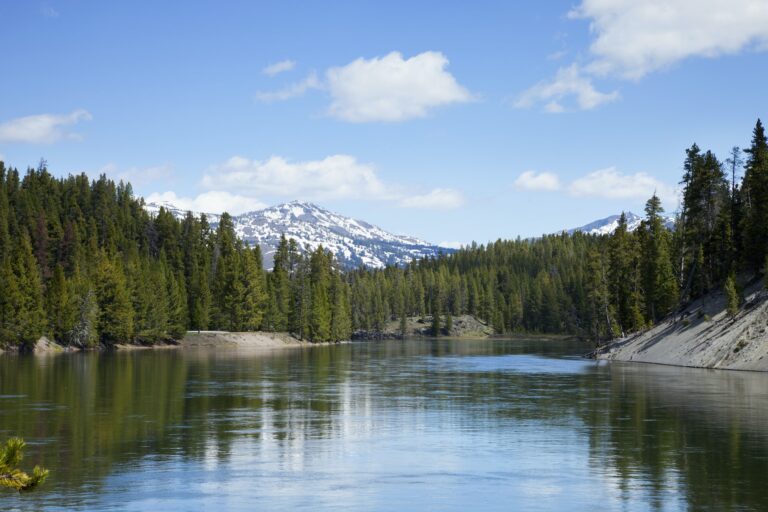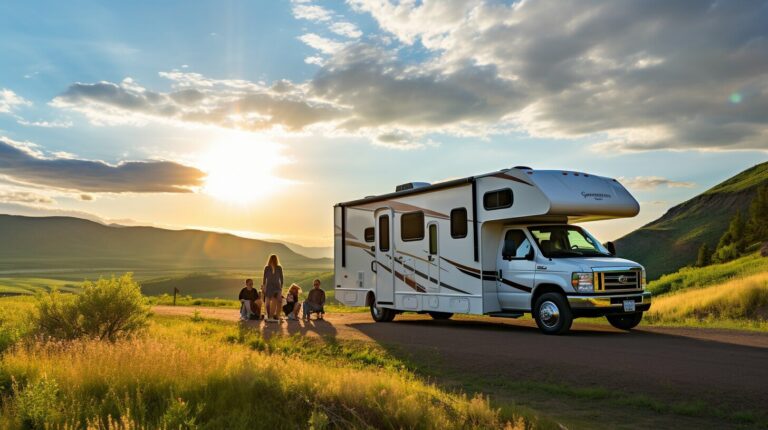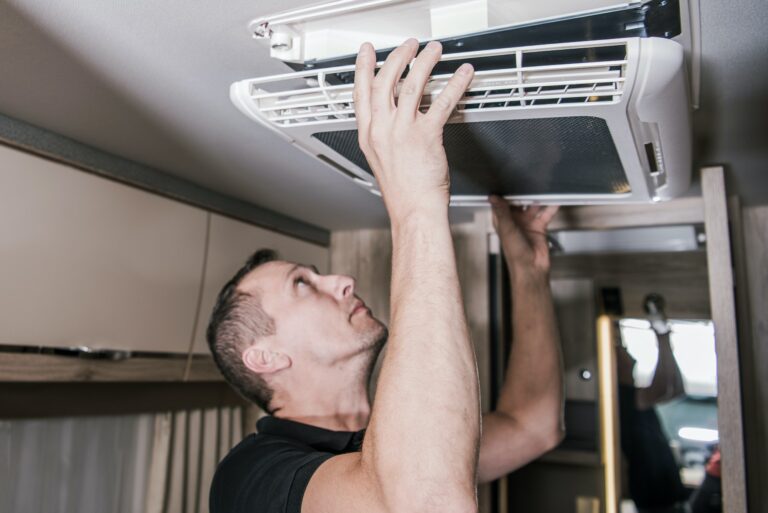Welcome to our guide to motorhome expenses! If you’re considering owning a motorhome, it’s important to understand the costs associated with it. While motorhomes offer the freedom to travel and explore on your own terms, they also require regular maintenance and upkeep.
By learning about the costs upfront and budgeting accordingly, you can make owning a motorhome a more affordable and enjoyable experience. We’ll provide a breakdown of the different expenses you can expect to encounter, as well as tips for saving money and reducing costs.
So whether you’re a first-time motorhome owner or a seasoned traveler, read on to learn more about motorhome expenses!
Motorhome Expenditure: A Breakdown of Costs
When it comes to owning and maintaining a motorhome, there are several expenses to consider. By factoring in all of these costs, you can ensure your motorhome stays in great shape and avoid any unexpected expenses. Here’s a breakdown of the costs associated with owning a motorhome:
Maintenance Costs
Maintenance costs are an essential part of owning a motorhome. You will need to perform regular maintenance to ensure everything works properly and to keep your motorhome in top condition. This includes oil changes, tire rotations, and other routine services. Regular maintenance can help you avoid more costly repairs in the long run.
| Service | Frequency | Cost (Approx.) |
|---|---|---|
| Oil Change | Every 5,000-10,000 miles | $100-$200 |
| Tire Rotation & Balance | Every 5,000-10,000 miles | $50-$100 |
| Brake Service | Every 20,000-30,000 miles | $200-$500 |
Fuel Costs
Just like any vehicle, your motorhome will require fuel to operate. The amount of fuel you will need depends on the size and weight of your motorhome, as well as your travel plans. On average, a motorhome gets around 6-10 miles per gallon, though this can vary depending on a variety of factors.
Insurance Expenses
Insurance is another essential expense for motorhome owners. Insurance costs will vary depending on the type of coverage you choose and your driving record. Additionally, where you store your motorhome can also impact your insurance costs. It’s important to shop around for the best deals on insurance and make sure you have adequate coverage for your needs.
Repair Costs
Unfortunately, even with regular maintenance, repairs may still be necessary. Repair costs can vary depending on the type of repair needed and the age of your motorhome. It’s a good idea to set aside money for repairs so you’re prepared for unexpected expenses.
Tip: Regular maintenance can help you avoid more costly repairs in the long run!
By taking into account all of these costs, you can create a realistic budget for owning and maintaining a motorhome. Remember, proper maintenance is key to keeping your motorhome in great shape and avoiding unexpected expenses.
Motorhome Budgeting: Tips for Saving Money
While owning a motorhome can be a dream come true, it can also be costly. Fortunately, there are ways to save money on motorhome expenses through smart budgeting. Here are some tips to help you save:
1. Have a clear understanding of your motorhome expenses
The first step in saving money on motorhome expenses is to have a clear understanding of what those expenses are. This includes not only the cost of purchasing a motorhome, but also ongoing expenses such as maintenance costs, insurance premiums, and fuel costs. By understanding all of your expenses, you can create a budget and identify areas where you may be able to cut costs.
2. Consider the cost of ownership before making a purchase
When purchasing a motorhome, it is important to consider the cost of ownership beyond the purchase price. This includes ongoing expenses such as maintenance costs, insurance premiums, and fuel costs. By considering these costs upfront, you can ensure that you are able to afford the motorhome and avoid any surprises down the road.
3. Plan your trips strategically
Planning your trips strategically can also help you save money. This includes choosing destinations that are closer to home or require less fuel to get to. You can also save money by avoiding peak travel times or by camping in free or low-cost locations.
4. Use apps to find the best deals
There are a variety of apps available that can help you find the best deals on fuel, campsites, and other motorhome-related expenses. By using these apps, you can save money without sacrificing the quality of your trip.
5. Practice good maintenance habits
Proper maintenance is key to keeping your motorhome in good condition and avoiding costly repairs down the road. This includes keeping up with routine maintenance tasks such as oil changes and tire rotations, as well as taking care of any necessary repairs as soon as they arise.
By incorporating these tips into your motorhome budgeting strategy, you can save money and enjoy your motorhome to the fullest.
Motorhome Rental vs. Motorhome Ownership: Which is Cheaper?
If you’re considering a motorhome, you may be wondering if it’s cheaper to rent or to own. The truth is, there are pros and cons to both options, and the answer depends on your specific circumstances and preferences.
Motorhome Rental:
Renting a motorhome can be a great option if you’re not ready to commit to ownership. With rental, you’ll have access to a motorhome for a specific period of time, without having to worry about maintenance costs or ongoing expenses. Additionally, rental motorhomes are typically newer models, with up-to-date features and amenities.
However, rental costs can add up quickly. Rental companies charge per day, and add-ons like insurance, mileage, and generator usage can increase the costs even further. Additionally, rental motorhomes may come with restrictions, such as mileage limits and limited availability during peak season.
Motorhome Ownership:
Owning a motorhome provides more flexibility and control over your travel plans. You can take your motorhome on the road whenever you want, without having to worry about rental reservations or restrictions. Additionally, owning a motorhome means that you can customize and personalize it to your preferences.
However, owning a motorhome does come with significant expenses. In addition to the upfront purchase price, you’ll need to factor in ongoing maintenance costs, fuel costs, insurance expenses, and repair costs. Additionally, motorhomes depreciate in value over time, meaning that you may not be able to recoup your initial investment when you sell it.
Ultimately, the decision to rent or to own a motorhome depends on your budget, travel preferences, and lifestyle. If you’re planning on using a motorhome for occasional trips, renting may be the more cost-effective option. However, if you’re a frequent traveler who values flexibility and customization, owning may be the way to go.
Motorhome Insurance: What You Need to Know
Insuring your motorhome is an important part of the ownership process. But how do you know what type of insurance to get and how much it will cost? Here’s what you need to know:
Types of Motorhome Insurance
There are several types of motorhome insurance available, including liability, collision, and comprehensive coverage. Liability insurance is required by law in most states and covers damages or injuries you cause to others in an accident. Collision insurance covers the cost of repairs or replacement if your motorhome is damaged in a collision. Comprehensive coverage protects against non-collision damages, such as theft or weather-related damage.
Factors that Impact Motorhome Insurance Costs
Several factors can impact the cost of motorhome insurance, including the age and model of your motorhome, your driving history, and where you store your motorhome. Additionally, the amount of coverage you choose and your deductible will also impact your insurance costs.
Getting the Best Deals on Motorhome Insurance
To get the best deals on motorhome insurance, it’s important to shop around and compare rates from different insurance providers. Additionally, you can often save money by bundling your motorhome insurance with other types of insurance, such as home or auto insurance. You may also be eligible for discounts based on your driving history or the safety features on your motorhome.
Remember to read the fine print and understand the details of your insurance policy before signing up. Make sure you have the coverage you need and that you’re not paying for extra coverage that you don’t need.
Maintenance Tips for Reducing Motorhome Repair Costs
Maintenance is a crucial part of owning a motorhome, as regular upkeep can help prevent costly repairs down the line. Here are some tips and strategies for reducing motorhome repair costs through proper maintenance:
1. Keep up with regular maintenance tasks
Regular maintenance tasks like oil changes, tire rotations, and brake inspections can help prevent major problems from occurring. Consult your owner’s manual to determine the recommended maintenance schedule for your motorhome.
2. Check and maintain your RV’s roof
Your motorhome’s roof is exposed to the elements and can be vulnerable to damage from weather and debris. Regularly inspect your roof for cracks or damage, and make any necessary repairs to prevent leaks or water damage.
3. Keep your RV clean
Regular cleaning of your motorhome, both inside and out, can prevent dirt and grime buildup that can lead to damaged components or systems. Additionally, cleaning your motorhome can help you spot any potential issues before they become bigger problems.
4. Address issues quickly
If you notice any issues with your motorhome, address them as soon as possible. Delaying repairs can lead to further damage and higher costs in the long run.
5. Store your RV properly
When not in use, make sure your motorhome is stored properly to prevent damage from weather or pests. Consider covering your RV with a protective cover, or storing it in a secure indoor location.
By following these maintenance tips, you can help keep your motorhome in top condition and reduce the likelihood of costly repairs.
Motorhome Expenses: Your Friendly Guide to Costs & Savings
Frequently Asked Questions (FAQs) about Motorhome Expenses
Q: How much should I expect to spend on maintenance costs for my motorhome?
A: Maintenance costs for motorhomes vary depending on the type, age, and condition of the motorhome. However, it is important to budget for regular maintenance costs such as oil changes, tire replacements, and general repairs. A good rule of thumb is to budget around 1-2% of the purchase price of the motorhome for annual maintenance costs.
Q: Is it cheaper to rent or buy a motorhome?
A: The answer to this question depends on several factors such as how often you plan on using the motorhome, how long each trip will be, and how much it costs to rent versus buy. If you only plan on using a motorhome a few times a year, it may be more cost-effective to rent. However, if you plan on using a motorhome more frequently, owning one may be a better option.
Q: What factors impact the cost of motorhome insurance?
A: There are several factors that can impact the cost of motorhome insurance, such as the type of motorhome, the age and driving record of the owner, the amount of coverage needed, and the use of the motorhome (i.e. for personal use or as a rental).
Q: How can I reduce my motorhome repair costs?
A: The best way to reduce motorhome repair costs is by investing in regular maintenance. This includes performing regular checks on the engine, brakes, tires, and other components of the motorhome. Additionally, be sure to address any small repairs as soon as possible to prevent more costly repairs down the road.
Q: Can I negotiate motorhome rental prices?
A: It is possible to negotiate motorhome rental prices, especially if you are renting during the off-season or for an extended period of time. However, be sure to carefully review the rental agreement and understand any additional fees or charges that may be added to the rental price.
Q: How can I save money on fuel costs when using my motorhome?
A: There are several strategies for saving money on fuel costs when using a motorhome, such as planning your route in advance to avoid unnecessary detours, driving at a moderate speed to conserve fuel, and using cruise control when possible. Additionally, consider investing in a fuel-efficient motorhome or retrofitting your current motorhome to improve fuel efficiency.

